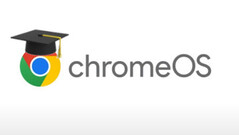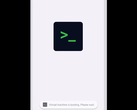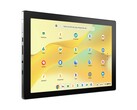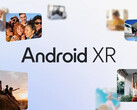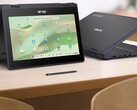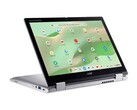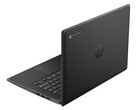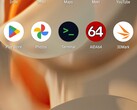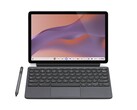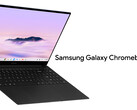Google's ChromeOS is perhaps the most popular operating system for classroom use, and it's about to get a lot smarter.
At the BETT (British Educational Training and Technology) Show today, Google announced some features coming to ChromeOS 132. The highlight of the new operating system is Face Control, which allows users to control and interact with ChromeOS by using only facial gestures. Based on Project Gameface, which launched last summer, Face Control allows users to use a ChromeOS device's front-facing camera to move their mouse cursor and click by moving their head or making facial gestures. This feature could allow students (and ChromeOS users in general) with motor disabilities to more easily interact with their computers (like the Asus Chromebook CX1, curr. available at Amazon for $236.63).
Additionally, ChromeOS's text-to-speech will get more natural voices, and ChromeOS should improve voice recognition for those users that rely on speech-to-text.
On the classroom management side, Chromebooks are getting a tool that allows teachers to keep their students on task. Class Tools, as it's dubbed, lets teachers or instructional assistants easily monitor and control connected Chromebooks. It will also allow a teacher to easily share their screen to student Chromebooks and even display live-translated captions.
NotebookLM is a new language model that works with Google's Gemini to generate lesson plans and summarize notes for students. Teachers and professors can also use the tool to grant students access to a class-specific language model to allow students to leverage AI for studying and learning.
Chromebox OPS lets users convert a compatible smart board into a full-fledged ChromeOS device, greatly enhancing the boards' featuresets.
IT admins are getting a few features to give them "more control over third-party apps, Google Forms, and digital signatures," according to Google. Admins can also extend a student's access to the work they've produced in the classroom after they graduate, allowing them to take their digital work home, so to speak.
Lastly, Google announced over 20 new Chromebooks coming in 2025, both for the education market and for general consumers.


